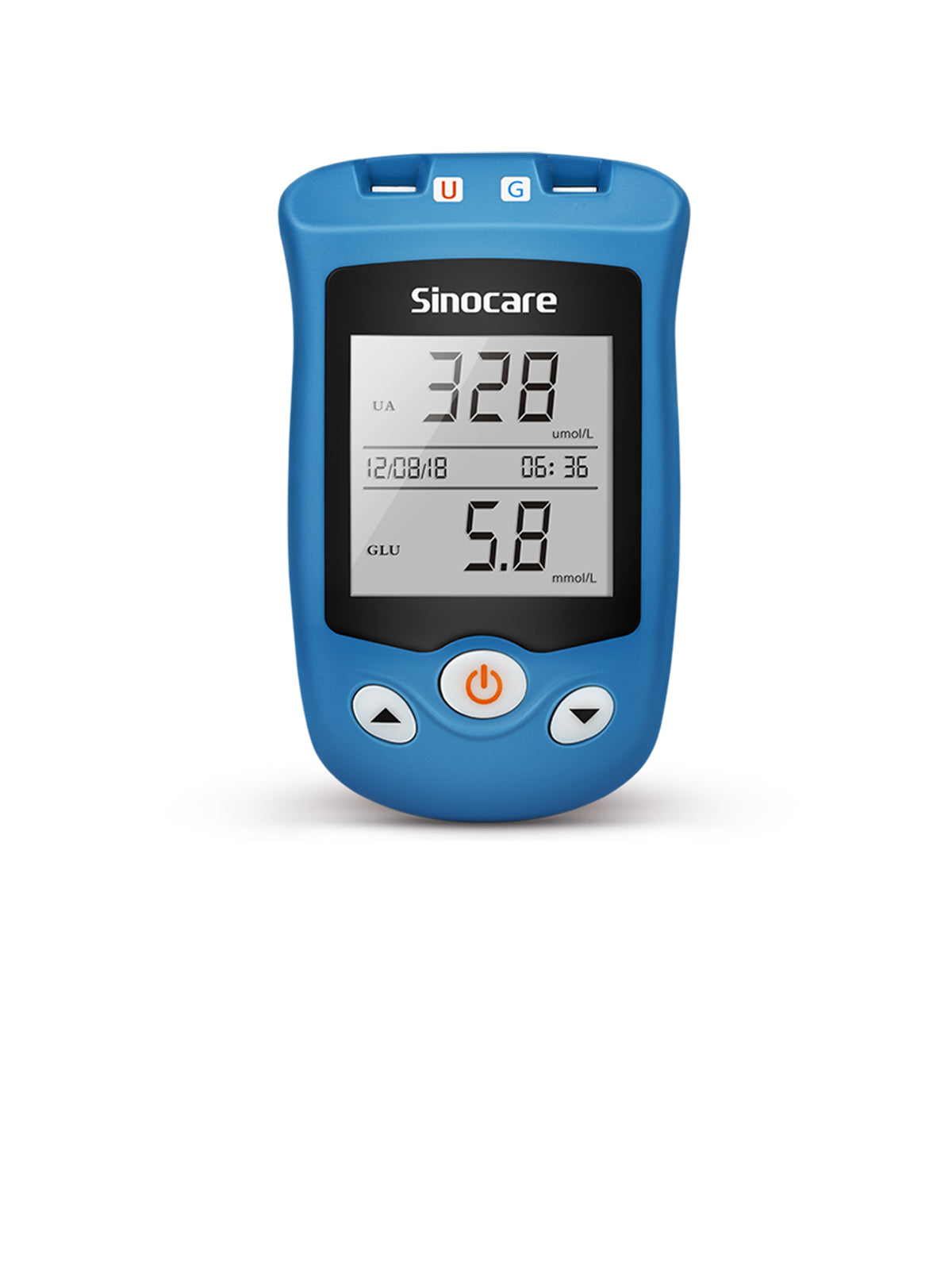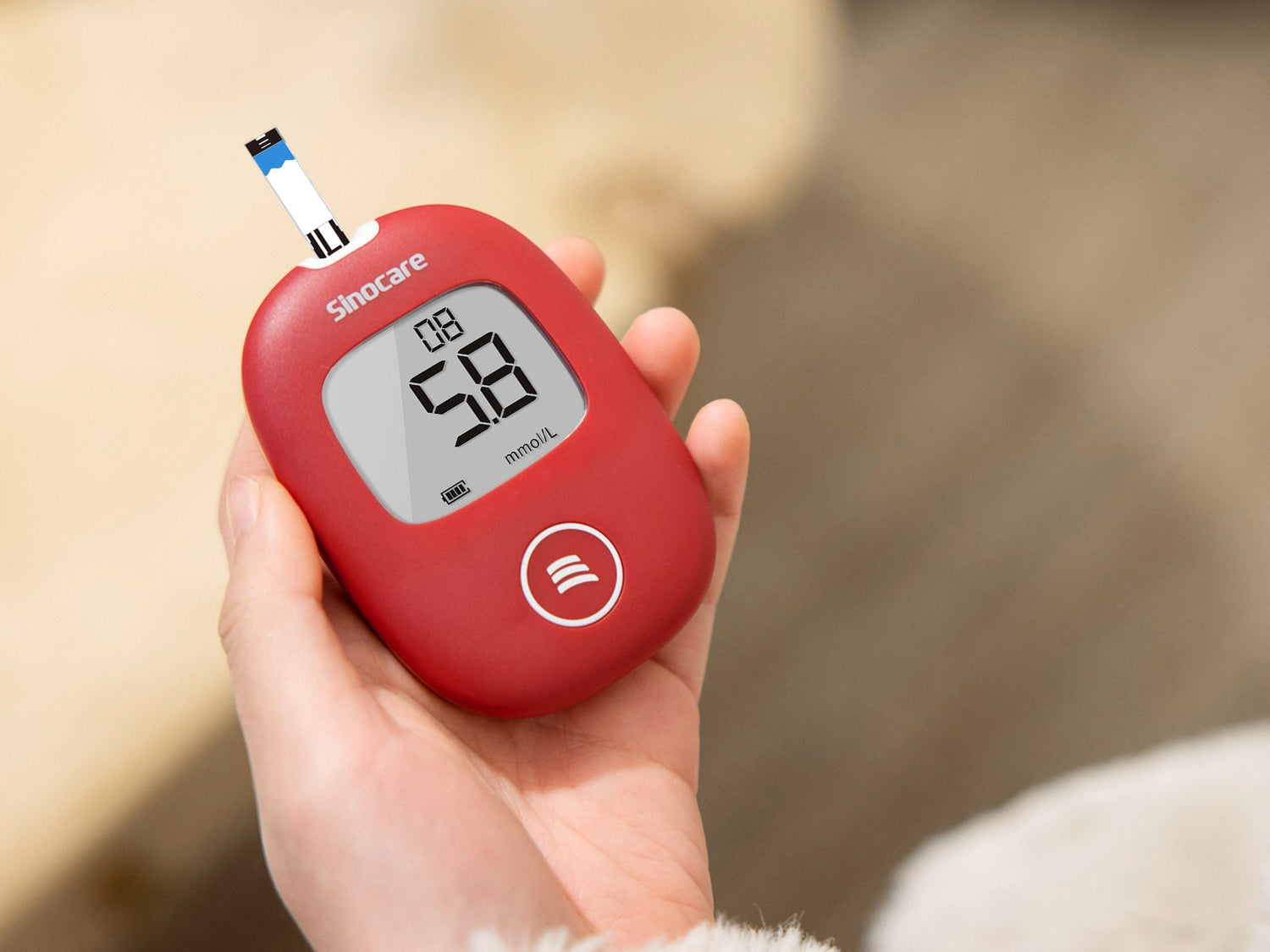Diabetes and heart attack are two health problems that are closely related to each other, as having diabetes means that blood sugar levels are often too high. This excess sugar can, over time, damage blood vessels, the arteries that carry blood to all organs, including the heart. Excess sugar acts as a sort of "obstructor" that, in the long run, scratches and weakens the inside of these blood vessels; Later, when the arteries of the heart become damaged and narrowed, the flow of blood to the heart muscle decreases, and if this flow stops completely, a heart attack occurs. This is why diabetes should never be underestimated, because it can lead to very serious consequences for the heart.
How Diabetes Can Be Bad for Your Heart
Diabetes can be bad for the heart in several ways, as it causes different types of damage. First, excess sugar in the blood can make the walls of the arteries thicker and less elastic, causing a process called atherosclerosis, which makes it more difficult for blood to pass through. In addition, diabetes often brings with it other problems, such as high blood pressure and high cholesterol, which in turn worsen the situation of the arteries. Therefore, the blood vessels become full of obstructions due to concurrent causes, and the blood struggles more and more to pass, until the heart no longer receives the amount of oxygen to function well. For these reasons, it is necessary to keep diabetes under control at all times, as it is also crucial for heart health.[1]
Diabetes-Related Problems That Increase the Risk of Heart Attack
In addition to direct damage to blood vessels caused by high blood sugar and harmful blood sugar spikes, diabetes often brings with it other problems that can further increase the risk of heart attack. For example, many people with diabetes also suffer from high blood pressure, as blockages in blood vessels cause a narrowing of the flow and therefore an increase in blood pressure. Another frequent problem is the alteration of cholesterol and fat levels in the blood, the so-called "bad" cholesterol (LDL) high; These fats can accumulate in the arteries, forming plaques that narrow them, causing an amplification of the problem. Finally, diabetes can also promote inflammation throughout the body, another factor that can damage blood vessels and increase the risk of heart attack.[2]
Heart Attack Symptoms in People with Diabetes
For people with diabetes, it is very important to pay special attention to the signals that the body sends, because sometimes the heart attack can manifest itself differently than in those who do not have diabetes. In fact, the classic severe chest pain, such as a vice, may not be as intense or even missing. This happens because diabetes, in the long run, can damage the nerves, a condition called diabetic neuropathy, which can alter the perception of pain, and therefore, even less typical symptoms such as sudden severe fatigue, shortness of breath, nausea, cold sweats, or pain in the jaw, arm or back, could be signs of a serious heart problem. You should never underestimate these symptoms and, if in doubt, it is always best to call your doctor immediately or go to the hospital.[3]
What to Do in Case of a Heart Attack
If a person with diabetes thinks they are having a heart attack, the first thing to do is not to waste time and call their doctor immediately or be accompanied to the hospital. In fact, even if the symptoms are not very strong but seem different from usual, it is essential to act immediately. In the absence of someone available next to you, it is important to remain calm, sit or lie down, and wait for help to arrive. Don't try to drive yourself to the hospital, because during a heart attack, conditions can deteriorate rapidly. Timely medical intervention is crucial to limit damage to the heart and save lives.
How to Protect Your Heart if You Have Diabetes
Protecting your heart when you have diabetes is a difficult task, but it is absolutely possible. The first thing to do is to constantly keep your blood sugar levels under strict control, carefully following the instructions of your doctor and always following the prescribed therapy. This means measuring your blood sugar regularly and taking your medication or insulin at the right time and in the right way. It is also essential to eat a healthy and balanced diet, rich in fruits, vegetables and whole grains, limiting saturated fats, processed foods and simple sugars; Exercising regularly also helps a lot to keep the heart and the whole body healthy. Don't forget to check your blood pressure and cholesterol levels often, following your doctor's advice and, if necessary, taking specific medications. Finally, quitting smoking is crucial if you are affected by this addiction, as smoking severely damages blood vessels and greatly increases the risk of heart attack.[1][2]
Final Thoughts
People with diabetes must also pay great attention to their heart health. Diabetes is not just a matter of blood sugar levels and harmful blood sugar spikes, but it has a significant impact on the entire cardiovascular system. For this reason, taking care of both is essential to live a long and healthy life. This means scrupulously following the instructions of your doctor in charge of diabetes management, as well as adopting a healthy lifestyle with a balanced diet and regular physical activity, without ever underestimating the signals that the body sends. A healthy heart is a precious ally, especially when you have diabetes, and taking care of it is the best way to prevent serious problems such as heart attack.
References
[1] (n.d.). Cardiovascular Disease and Diabetes. Heart.org. https://www.heart.org/en/health-topics/diabetes/diabetes-complications-and-risks/cardiovascular-disease--diabetes
[2] (n.d.). Diabetes, Heart Disease, & Stroke. NIH. https://www.niddk.nih.gov/health-information/diabetes/overview/preventing-problems/heart-disease-stroke
[3] (n.d.). Heart attack. Mayoclinic. https://www.mayoclinic.org/diseases-conditions/heart-attack/symptoms-causes/syc-20373106





Leave a comment
All comments are moderated before being published.
This site is protected by hCaptcha and the hCaptcha Privacy Policy and Terms of Service apply.